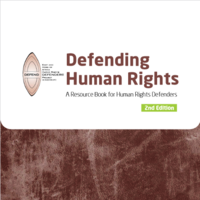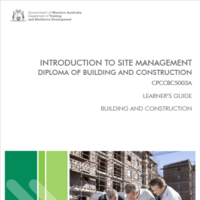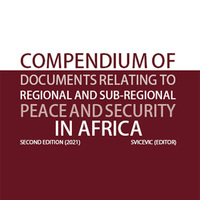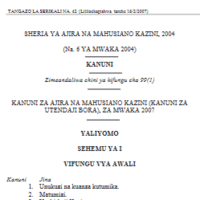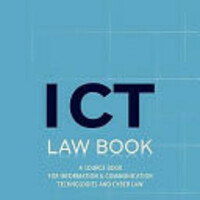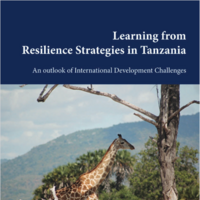Search
Books+
Searching 1,73 books
Search related to the career Security Consultant
Responsibilities of a Security Consultant:
1. Assessing Security Risks: A security consultant is responsible for identifying and evaluating potential security risks and vulnerabilities within an organization's systems, networks, and infrastructure. They conduct thorough assessments to determine the level of risk and develop strategies to mitigate these risks.
2. Developing Security Policies and Procedures: Security consultants assist in developing comprehensive security policies and procedures tailored to the specific needs of an organization. They ensure that these policies align with industry standards and best practices, covering areas such as access control, incident response, data protection, and disaster recovery.
3. Conducting Security Audits: Security consultants perform regular audits to assess the effectiveness of an organization's security measures. They review security controls, policies, and procedures to identify any gaps or weaknesses. Based on their findings, they provide recommendations for improvement and help implement necessary changes.
4. Implementing Security Solutions: Security consultants play a crucial role in implementing security solutions to protect an organization's assets. They evaluate and recommend appropriate security technologies, such as firewalls, intrusion detection systems, encryption tools, and access control systems. They also assist in configuring and deploying these solutions effectively.
5. Providing Security Training and Awareness: Security consultants educate employees and stakeholders on security best practices and raise awareness about potential threats. They conduct training sessions, workshops, and awareness campaigns to ensure that individuals understand their roles and responsibilities in maintaining a secure environment.
6. Incident Response and Forensics: In the event of a security breach or incident, security consultants are responsible for coordinating the incident response process. They investigate the incident, analyze the impact, and develop strategies to prevent future occurrences. They may also perform digital forensics to gather evidence and support legal proceedings if necessary.
7. Staying Updated with Security Trends: Security consultants continuously stay informed about the latest security threats, vulnerabilities, and industry trends. They keep up with emerging technologies, regulatory changes, and evolving attack vectors to provide up-to-date advice and recommendations to their clients.
8. Collaborating with Stakeholders: Security consultants work closely with various stakeholders, including IT teams, management, and external vendors. They collaborate to ensure that security measures are integrated into business processes effectively. They also provide guidance and support during security incidents or when making critical security-related decisions.
9. Compliance and Regulatory Requirements: Security consultants help organizations meet compliance and regulatory requirements related to data protection, privacy, and industry-specific standards. They assess the organization's current state of compliance, identify gaps, and assist in implementing necessary controls to ensure adherence to relevant regulations.
10. Security Strategy and Planning: Security consultants contribute to the development of a long-term security strategy and roadmap for an organization. They assess the organization's goals, risk appetite, and budget constraints to create a strategic plan that aligns security initiatives with business objectives.
Please note that the responsibilities of a security consultant may vary depending on the specific industry, organization, and project requirements.
Source: Various AI tools
Searched in English.






